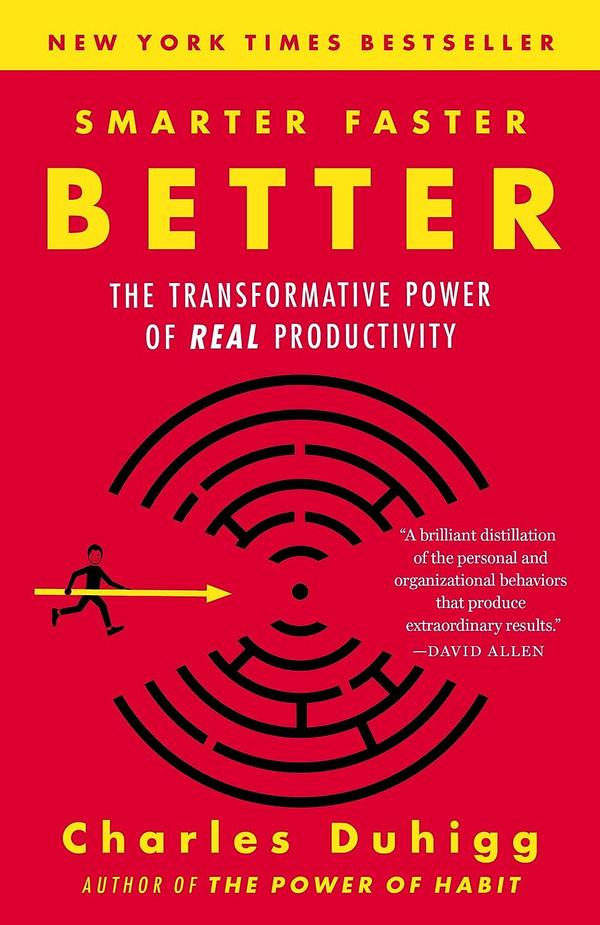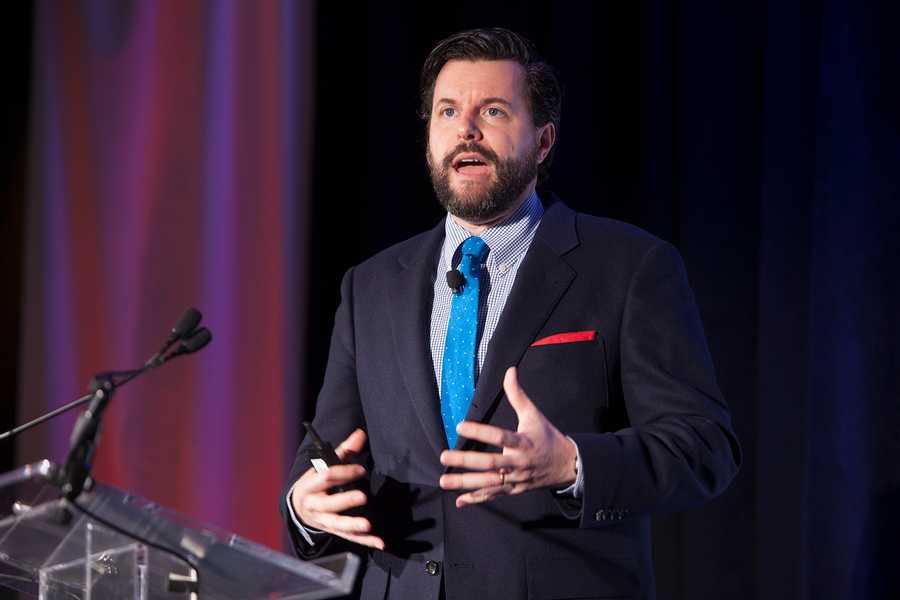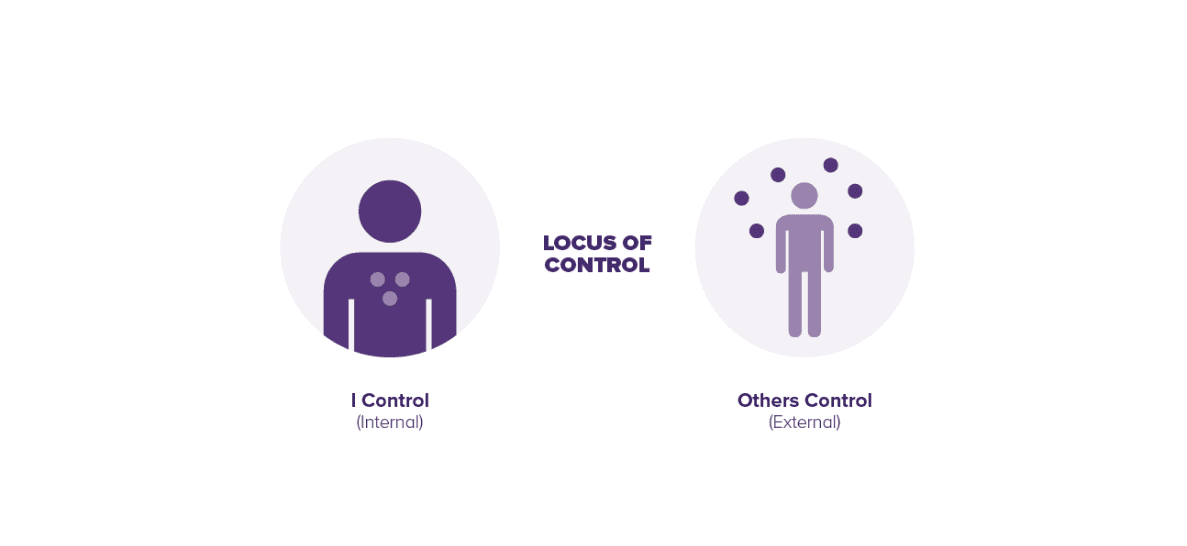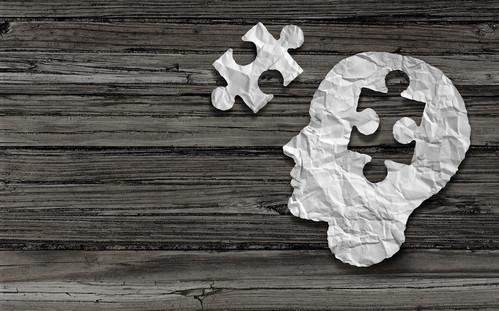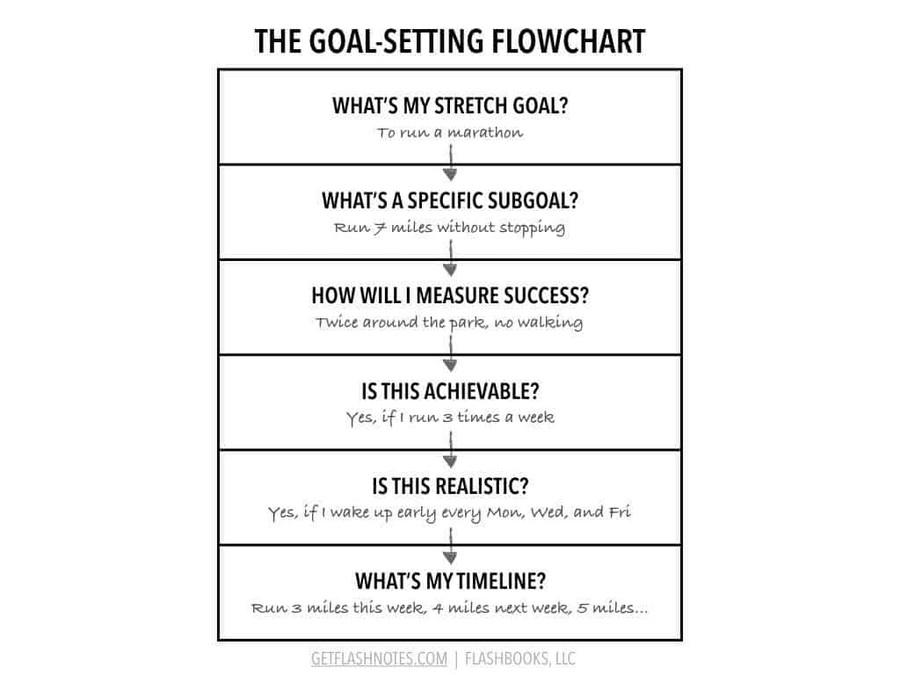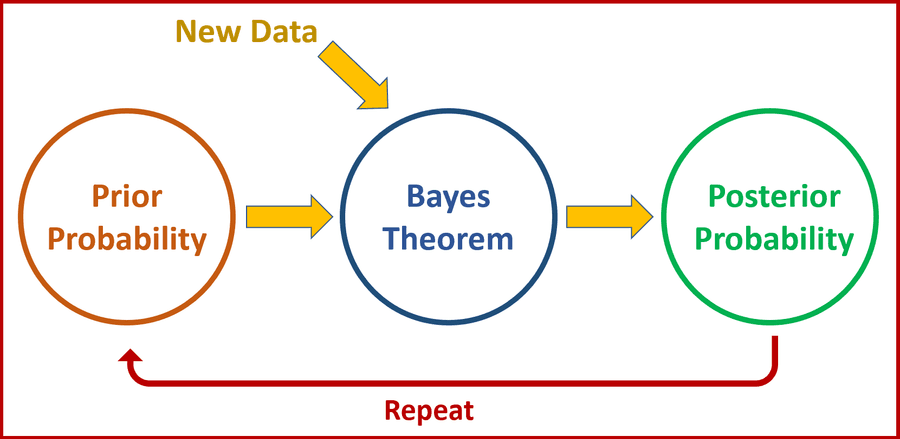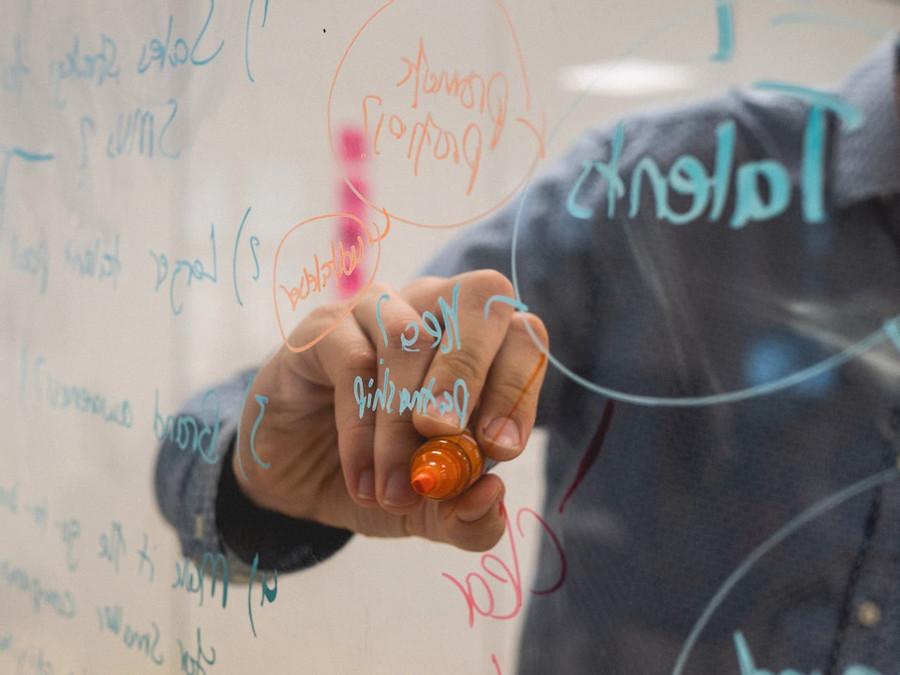George 's Key Ideas from Smarter Faster Better
by Charles Duhigg
Ideas, facts & insights covering these topics:
18 ideas
·220K reads
965
10
Explore the World's Best Ideas
Join today and uncover 100+ curated journeys from 50+ topics. Unlock access to our mobile app with extensive features.
"Every choice we make in life is an experiment. Every day offers fresh opportunities to find better decision-making frames. We live in a time when data is more plentiful, cheaper to analyze, and easier to translate into action than ever before. Smartphones, websites, digital databases, and apps put information at our fingertips. But it only becomes useful if we know how to make sense of it."
CHARLES DUHIGG
3.87K
32.1K reads
Self-Motivation: Feeling In Control By Making Decisions
Motivation is a skill that can be learned. People can get better at self-motivation if they practice the right way. The trick is realizing that a condition for motivation to develop is believing we have authority over our actions and surroundings.
To motivate ourselves, we must feel like we are in control. One way to prove to ourselves that we are in control is by making decisions.
4.02K
22.9K reads
Internal Vs External Locus Of Control
- Internal locus of control translates into our belief that we can influence our destiny through the choices we make; it has been linked with academic success, higher self-motivation and social maturity, lower incidences of stress and depression, and a longer life span. This is a skill that can be learned.
- Having an external locus means believing that our life is primarily influenced by events outside our control; it is correlated with higher levels of stress because an individual perceives the situation as beyond his or her coping abilities.
3.85K
17.9K reads
Choices That Influence Our Motivation
The choices that are most powerful in generating motivation convince us we’re in control and endow our actions with larger meaning.
An internal locus of control emerges when we develop a mental habit of transforming chores into meaningful choices, when we assert that we have authority over our lives.
3.49K
16.2K reads
Understand Team Effectiveness: Google's Project Aristotle
Google spent 2 years and enormous amounts of resources studying over 180 teams to figure out the answer to their question: What makes a team effective?
Their findings - five key norms: Teams need to believe that their work is important. Teams need to feel their work is personally meaningful. Teams need clear goals and defined roles. Team members need to know they can depend on one another. But, most important, teams need psychological safety.
4.05K
14.4K reads
Psychological Safety
Psychological safety is a "shared belief, held by members of a team, that a group is a safe place for taking risks. It is a sense of confidence that the team will not embarrass, reject, or punish someone for speaking up.”(Amy Edmondson, 1999)
This characterizes a working environment filled with trust and mutual respect in which people are comfortable being themselves.
3.81K
13.3K reads
Cognitive Tunneling
Cognitive tunneling can cause people to become overly focused on whatever is directly in front of their eyes or become preoccupied with immediate tasks. It’s what keeps someone glued to their smartphone as the kids wail or pedestrians swerve around them on the sidewalk.
Once in a cognitive tunnel, we lose our ability to direct our focus. Instead, we latch on to the easiest and most obvious stimulus, often at the cost of common sense.
3.54K
11.9K reads
Reactive Thinking: How We Allocate Our Attention
Reactive thinking is how we build habits, and it’s why to-do lists and calendar alerts are so helpful: Rather than needing to decide what to do next, we can take advantage of our reactive instincts and automatically proceed.
But the downside of reactive thinking is that habits and reactions can become so automatic they overpower our judgment. Once our motivation is outsourced, we simply react.
3.42K
10.8K reads
Our Need For Cognitive Closure
The need for cognitive closure, in many settings, can be a great strength. An instinct to make a judgment and then stick with it stops the needless second-guessing and prolonged debate. It feels productive. It feels like progress.
But there are risks associated with a high need for closure: when people begin craving the emotional satisfaction that comes from making a decision, they are more likely to make hasty decisions and less likely to reconsider an unwise choice.
3.33K
9.17K reads
The Goal-Setting Flow Chart
Here is an example of a flowchart to use when setting a goal:
WHAT IS YOUR STRETCH GOAL?
To run a marathon
WHAT IS A SPECIFIC SUB-GOAL?
Run seven miles without stopping
HOW WILL YOU MEASURE SUCCESS?
Twice around the park, no walking
IS THIS ACHIEVABLE?
Yes, if I run three miles a week.
IS THIS REALISTIC?
Yes, if I wake up early on Monday, Wednesday, and Friday
WHAT IS YOUR TIMELINE?
Run three miles this week, four miles next week, five miles…
4.14K
9.73K reads
Five Types Of Company Cultures
- The “star” model: executives hire from elite universities or other successful companies and give employees huge amounts of autonomy.
- The “engineering” model: engineers, as a group, hold the most sway.
- The “bureaucracies”: Executives write extensive job descriptions, organizational charts, and employee handbooks.
- The “autocracies”: the rules, job descriptions, and organizational charts ultimately point to the desires and goals of one person, usually the founder or CEO.
- The “commitment” model: a throwback to an age when people happily worked for one company their entire life.
3.37K
8.34K reads
Bayesian Thinking
At the core of Bayes’ rule is a principle: Even if we have very little data, we can still forecast the future by making assumptions and then skewing them based on what we observe about the world.
Humans are astoundingly good Bayesian predictors, even if we’re unaware of it. Humans can make these kinds of calculations without having to think about them very hard. Sometimes, however, we make mistakes.
3.36K
8.4K reads
How To Get The Right Assumptions
Make sure you are exposed to a full spectrum of experiences.
We all have a natural tendency to be optimistic, to ignore our mistakes and forget others’ tiny errors. But making good predictions relies on realistic assumptions, and those are based on our experiences. If we pay attention only to good news, we’re handicapping ourselves
3.32K
7.64K reads
The Concept of "Creative Desperation"
We’re more likely to recognize discoveries hidden in our own experiences when necessity pushes us, when panic or frustrations cause us to throw old ideas into new settings.
- The Post-it note was invented by a chemical engineer who, frustrated by bookmarks falling out of his church hymnal, decided to use a new adhesive to make them stay put.
- Cellophane was developed by an exasperated chemist looking for a way to protect tablecloths from wine spills.
- Infant formula was created, in part, by an exhausted father who suspended vegetable nutrients in powder so he could feed his crying child.
3.33K
7.01K reads
Information Blindness
In the past two decades, the amount of information present in our daily lives has skyrocketed. Unfortunately, however, our ability to learn from information hasn’t necessarily kept pace with its proliferation.
In theory, the ongoing explosion in information should make the right answers more obvious. In practice, though, being surrounded by data often makes it harder to decide. This inability to take advantage of data as it becomes more plentiful is called “information blindness.”
3.33K
6.71K reads
“Our brains crave reducing things to two or three options. So when we’re faced with a lot of information, we start automatically arranging it into mental folders and subfolders and sub subfolders. This ability to digest large amounts of information by breaking it into smaller pieces is how our brains turn information into knowledge. We learn which facts or lessons to apply in a given situation by learning which folders to consult."
CHARLES DUHIGG
3.33K
7.82K reads
Decision-Making Systems: The Engineering Design Process
This system for making decisions allows us to define our dilemmas, collect data, brainstorm solutions, debate alternative approaches, and conduct iterative experiments.
This approach to problem-solving removes the emotion so we can view our problems more objectively.
3.34K
7.76K reads
"The people who are most successful at learning—those who are able to digest the data surrounding them, who absorb insights embedded in their experiences and take advantage of information flowing past—are the ones who know how to use disfluency to their advantage. They transform what life throws at them, rather than just taking it as it comes. They know the best lessons are those that force us to do something and to manipulate information. They take data and transform it into experiments whenever they can. "
CHARLES DUHIGG
3.37K
7.95K reads
IDEAS CURATED BY
George 's ideas are part of this journey:
Learn more about books with this collection
How to delegate tasks efficiently
How to use technology to your advantage
How to optimize your work environment
Related collections
Different Perspectives Curated by Others from Smarter Faster Better
Curious about different takes? Check out our book page to explore multiple unique summaries written by Deepstash curators:
7 ideas
Idea Biblio's Key Ideas from Smarter Faster Better
Charles Duhigg
13 ideas
Anup Chouhan's Key Ideas from Smarter Faster Better
Charles Duhigg
Discover Key Ideas from Books on Similar Topics
6 ideas
What is productivity, really?
tonyrobbins.com
Read & Learn
20x Faster
without
deepstash
with
deepstash
with
deepstash
Personalized microlearning
—
100+ Learning Journeys
—
Access to 200,000+ ideas
—
Access to the mobile app
—
Unlimited idea saving
—
—
Unlimited history
—
—
Unlimited listening to ideas
—
—
Downloading & offline access
—
—
Supercharge your mind with one idea per day
Enter your email and spend 1 minute every day to learn something new.
I agree to receive email updates
